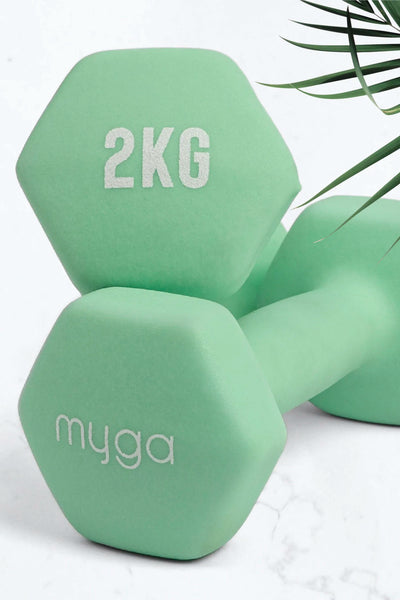Why you should practice gratitude for better sleep
Finding yourself lying awake at night thinking about all the bad things that happened in your day? We've been there and we get it. It's hard not to get anxious right before you sleep, but you're setting yourself up for failure if you do this. A great way to combat these anxious thoughts is by practising gratitude.
The benefits of gratitude
Improves mental health
Practising gratitude can play a big part in your mental health. With our busy lives, we often forget about the things that keep us grounded and happy. A 2020 study showed that regularly showing gratitude can help ease symptoms of anxiety and depression. This links perfectly to our sleep as we know that being anxious can keep us awake at night!
Reduces stress
Gratitude can help control emotions better. A 2017 study found that heart rates decreased after showing gratitude. Naturally, our heart rate decreases as we feel calmer.
Helps you become more optimistic
Following on from the above point, gratitude can help you have a more optimistic outlook on life. Not only is this great for your mental health but can also promote healthy ageing according to a 2019 study.
It can improve your physical health
But it's not just your mental health that can be improved by showing gratitude. Grateful people experience fewer aches and pains than people who don't.
Can gratitude help you sleep better?
Yes! It's a pretty simple way to make you aware of the good things in your life. Right before we sleep is the most common time of the day to start worrying about every bad thing in our lives. But with gratitude, we're able to remember the good things and get a good night's sleep in the process!
When you stop throughout the day and remember the things you're grateful for, you're more likely to have more positive thoughts before you sleep.
How to practice gratitude effectively
Of course, you can do this by simply thinking about what you're grateful for, however, writing them down can have a better effect on your brain.
Use a sleep journal to write down three to five things from your day for which you're thankful. [Text Wrapping Break]
I am grateful for:
- a roof over my head
- food on the table
- wifi
- friends and family
- a stable job
But you can write whatever you want. The Echor End of Day Wellness Journal is a semi-guided notebook that allows you to practice powerful psychological mindfulness exercises including gratitude, affirmations and reflections. Each section includes a prompt so if you're stuck on what to write about, it'll guide you.
Journalling is a powerful tool used by many to ease stress and uplift. It's an instant mood enhancer which is paramount to allowing your body to get a higher quality of sleep. Check more about reflection through journaling and its effect on a good night's sleep here.









